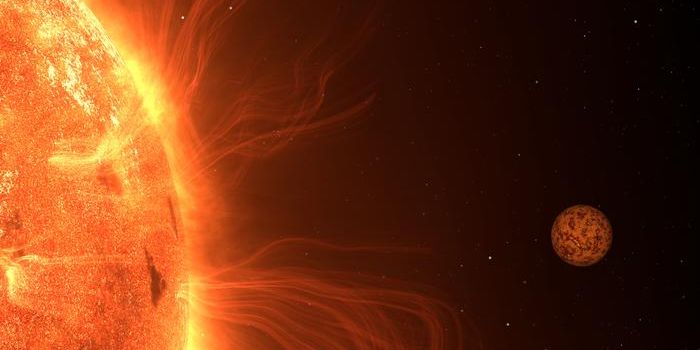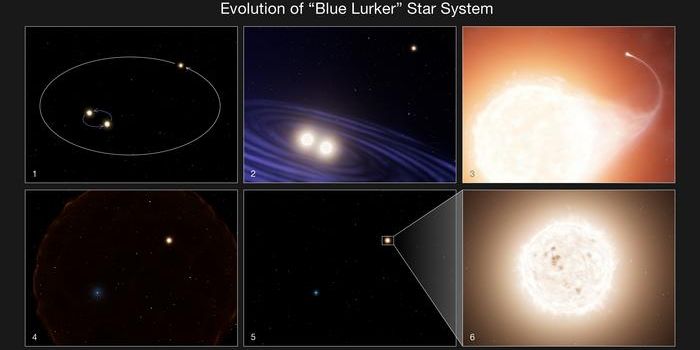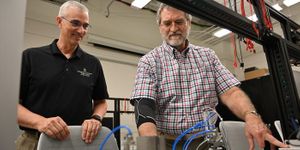Machine Learning Advances Personalized Cancer Vaccines via BigMHC
A recent study published in Nature Machine Intelligence examines a novel deep-learning method known as BigMHC, which can predict when the immune system will respond to triggers from cancer-related protein fragments, thus killing the tumors. This study was led and conducted by a team of researchers at Johns Hopkins University and holds the potential to develop personalized cancer immunotherapies and vaccines.
Rendition of cytotoxic CD8+ T-cells identifying cancer cells via receptor binding neoantigens. (Credit: Image generated by DALL-E 2 from OpenAI)
“Cancer immunotherapy is designed to activate a patient’s immune system to destroy cancer cells,” said Dr. Rachel Karchin, who is a professor of biomedical engineering, oncology and computer science at Johns Hopkins University, and a co-author on the study. “A critical step in the process is immune system recognition of cancer cells through T-cell binding to cancer-specific protein fragments on the cell surface.”
Identifying how to attack cancer tumor cells comes down to understanding what are known as mutation-associated neoantigens, which contain genetic material responsible for triggering a response from a person’s immune system. Since a tumor’s set of neoantigens varies in each patient, then doctors need to develop personalized treatment plans in hopes of defeating the cancer.
For the study, the researchers used a novel deep-learning technique known as BigMHC, with MHC standing for major histocompatibility complex, to fight cancer cells through a deep-learning process known as transfer learning. This process involves an algorithm taking in data and adapting as it continues to gather new data. In this case, BigMHC was trained to locate antigens on a cell’s surface, then took in additional data on recognizing T-cells, for which little data exists. Using this transfer learning, the researchers used BigMHC to predict antigens within a person’s immune system.
After running BigMHC through several trials involving independent data sets and data from previous studies, the researchers found BigMHC could predict antigen presentation more efficiently than traditional methods.
“There is an urgent, unmet clinical need to tailor cancer immunotherapy to the subset of patients most likely to benefit, and BigMHC can shed light into cancer features that drive tumor foreignness, thus triggering an effective anti-tumor immune response,” said Dr. Valsamo “Elsa” Anagnostou, who is an associate professor of oncology at Johns Hopkins Medicine, and a co-author on the study.
For next steps, the researchers hope to expand testing on BigMHC through a variety of immunotherapy clinical trials with the goal of filtering out neoantigens capable of triggering an immune response from hundreds of thousands of them.
Can BigMHC help scientists develop new cancer immunotherapies in the coming years and decades? Only time will tell, and this is why we science!
As always, keep doing science & keep looking up!
Sources: Nature Machine Intelligence, EurekAlert!, UCIR, Britannica, Machine Learning Mastery









